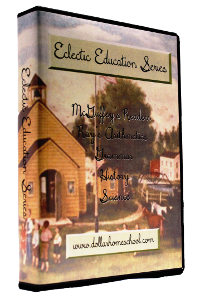 Consider this quote from John Taylor Gatto in his book, The Underground History of American Education:
Consider this quote from John Taylor Gatto in his book, The Underground History of American Education:Reading, and rigorous discussion of that reading in a way that obliges you to formulate a position and support it against objections, is an operational definition of education in its most fundamental civilized sense. No one can do this very well without learning ways of paying attention: from a knowledge of of diction and syntax, figures of speech, etymology, and so on, to a sharp ability to separate the primary from the subordinate, understand allusion, master a range of modes of presentation, test truth and penetrate beyond the obvious to the profound messages of text. Reading, analysis and discussion is the way we develop reliable judgment, the principal way we come to penetrate covert movements behind the facade of public appearances. Without the ability to read and argue we're just geese to be plucked.
This is a wonderful validation to what most homeschoolers do naturally, although sometimes they feel a little guilty for it, especially if they get behind on their work in "textbooks" because they have taken too long discussing ideas at the breakfast table!
But it is these table discussions that are the best parts of what we do daily. Allowing time for children to ask questions, or to explain what they have been reading about or thinking about is a way in which they process and make their learning more a part of their thinking.
When one of my dear daughters was called upon to write a paper in college, she would feel very lost and confused until she sat down and discussed her ideas with me, while I was silent and mostly nodded my head. Within a few minutes of "talking it all out", she was refreshed and ready to write!































0 comments :
Post a Comment